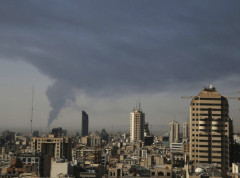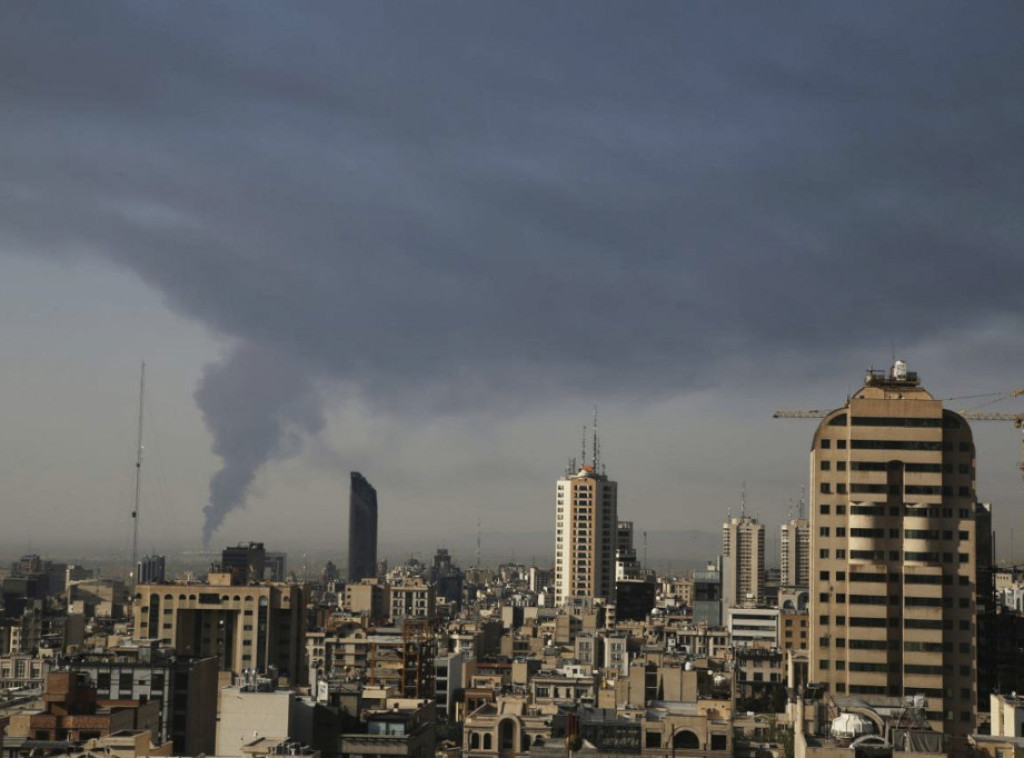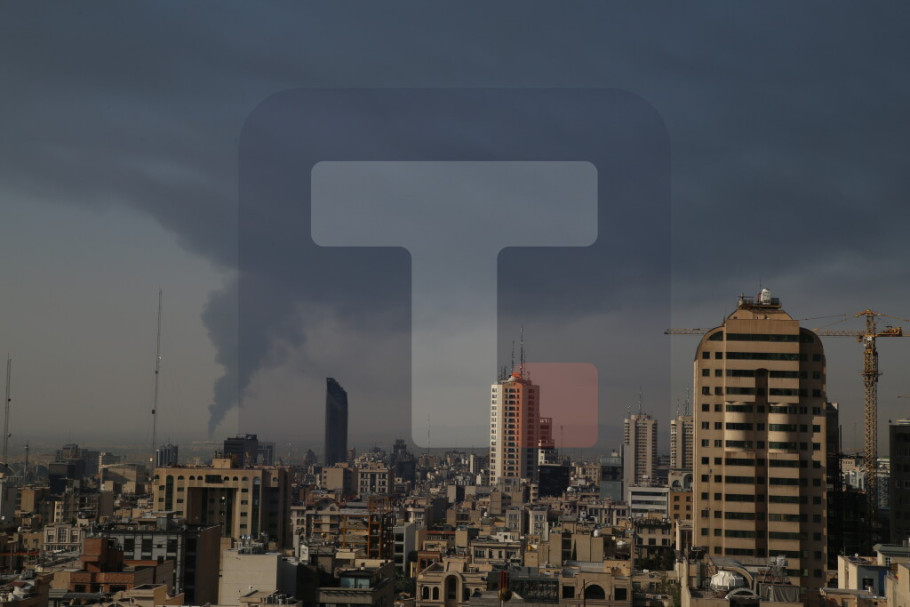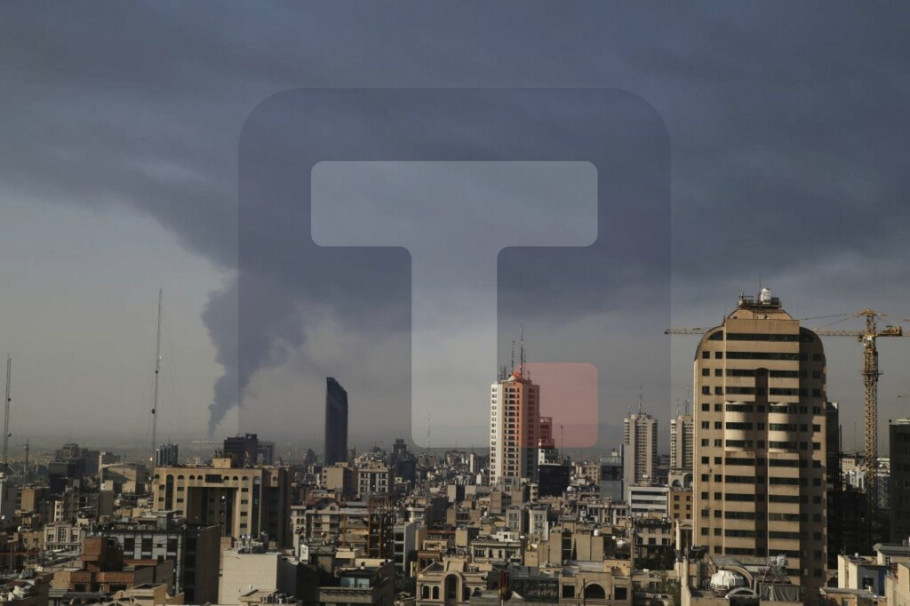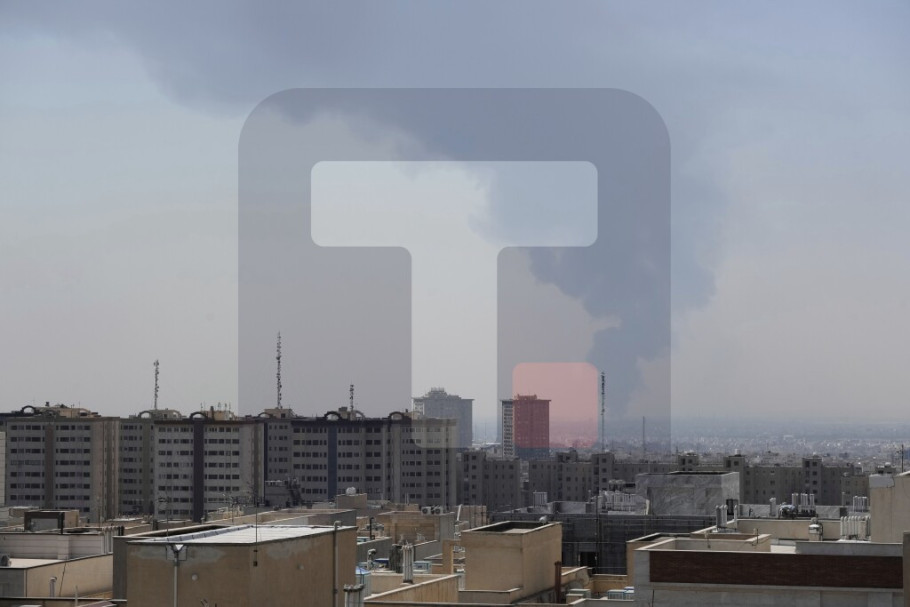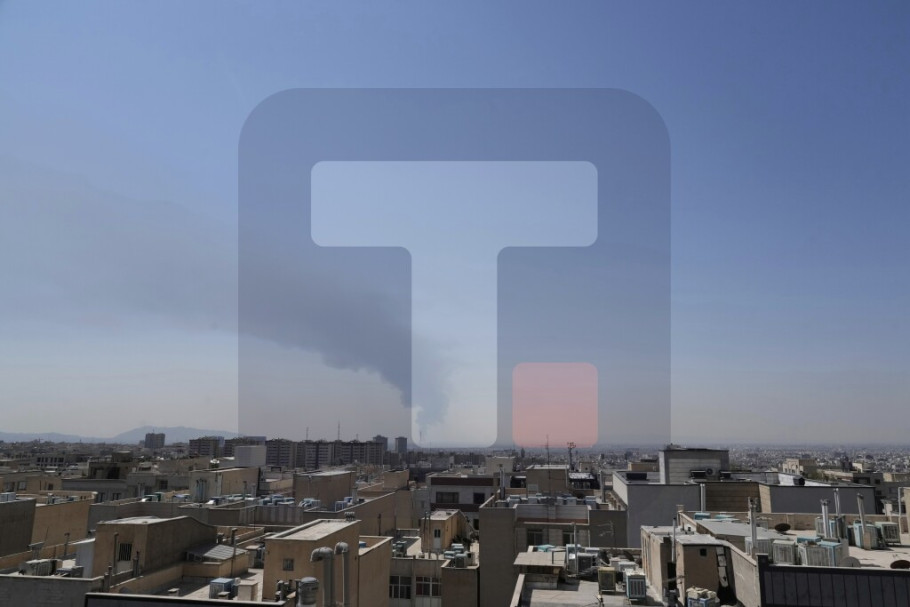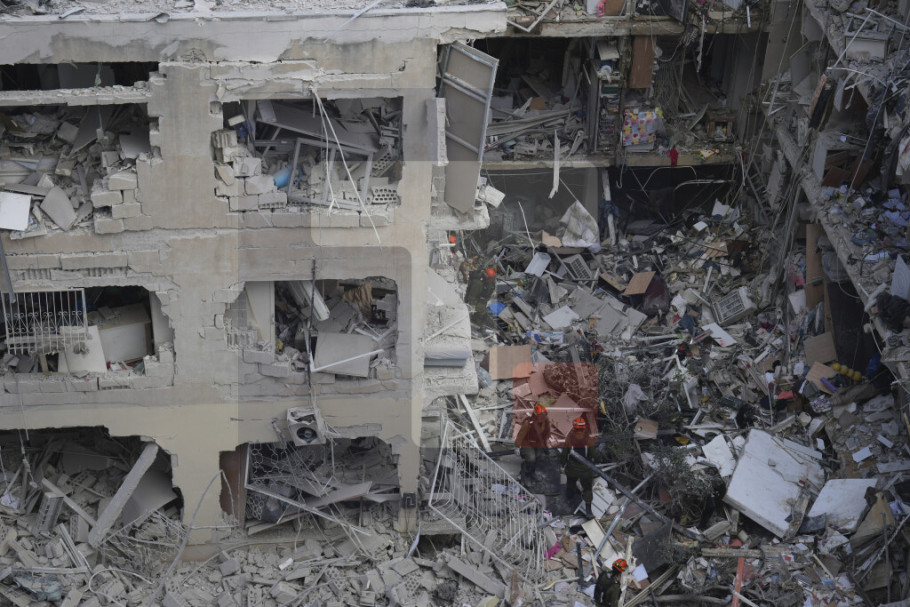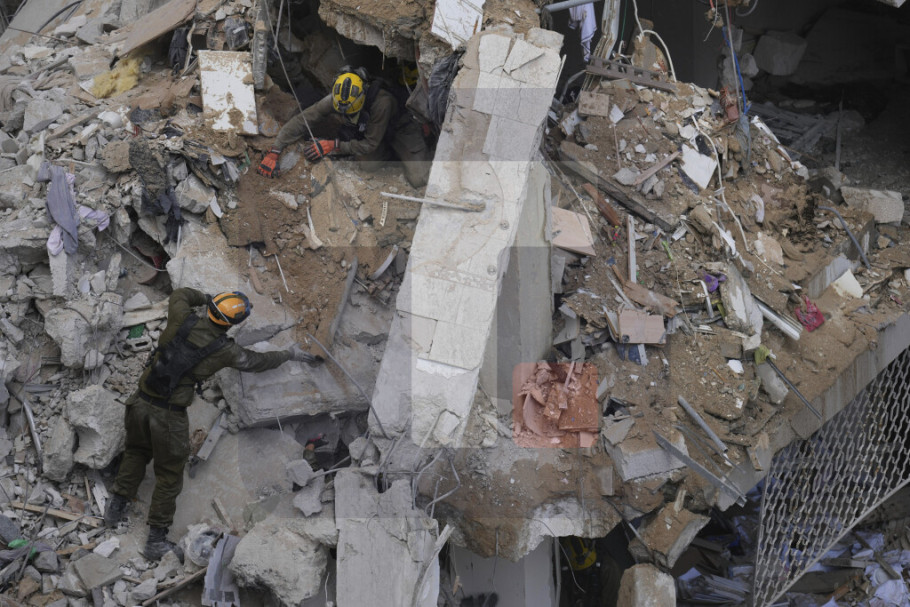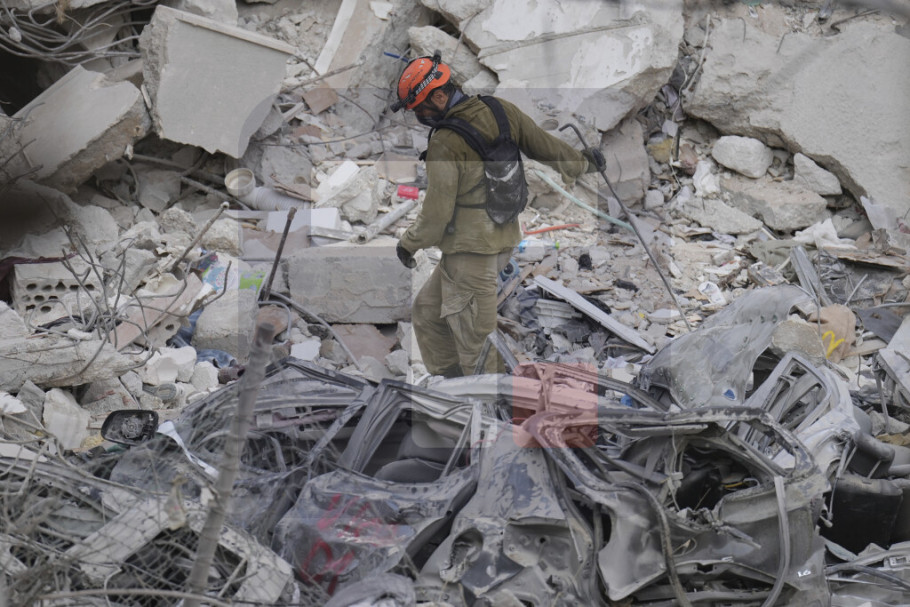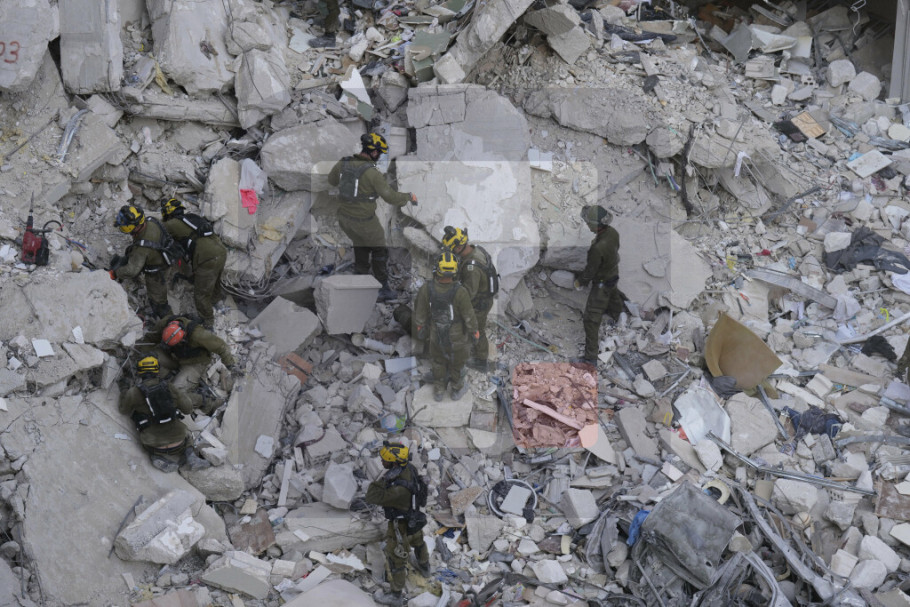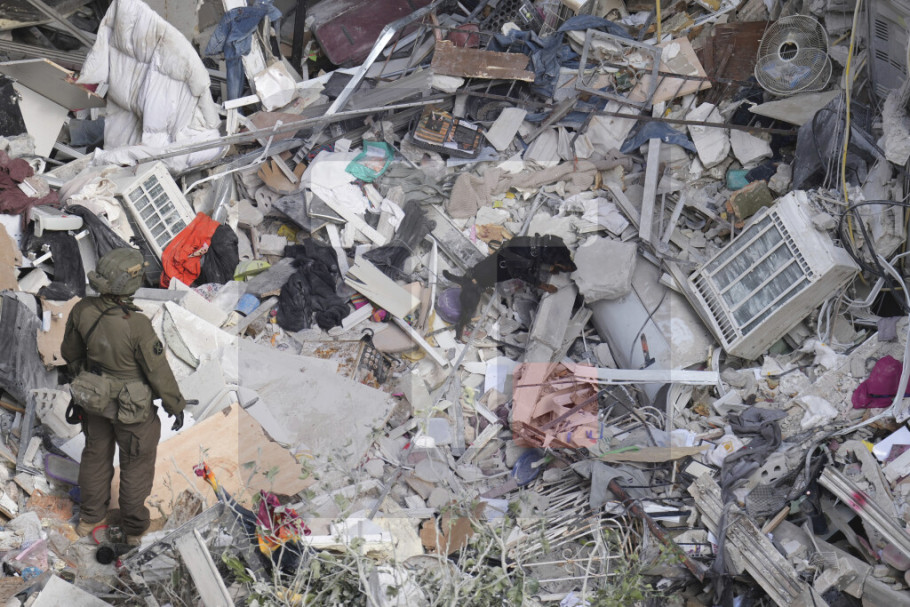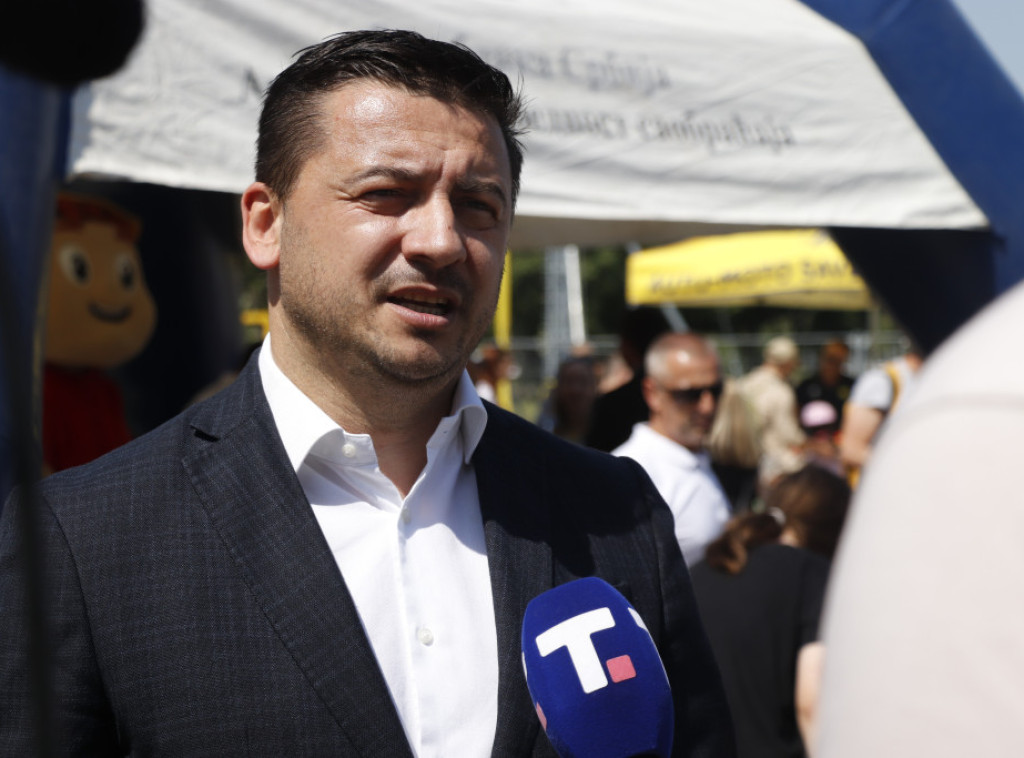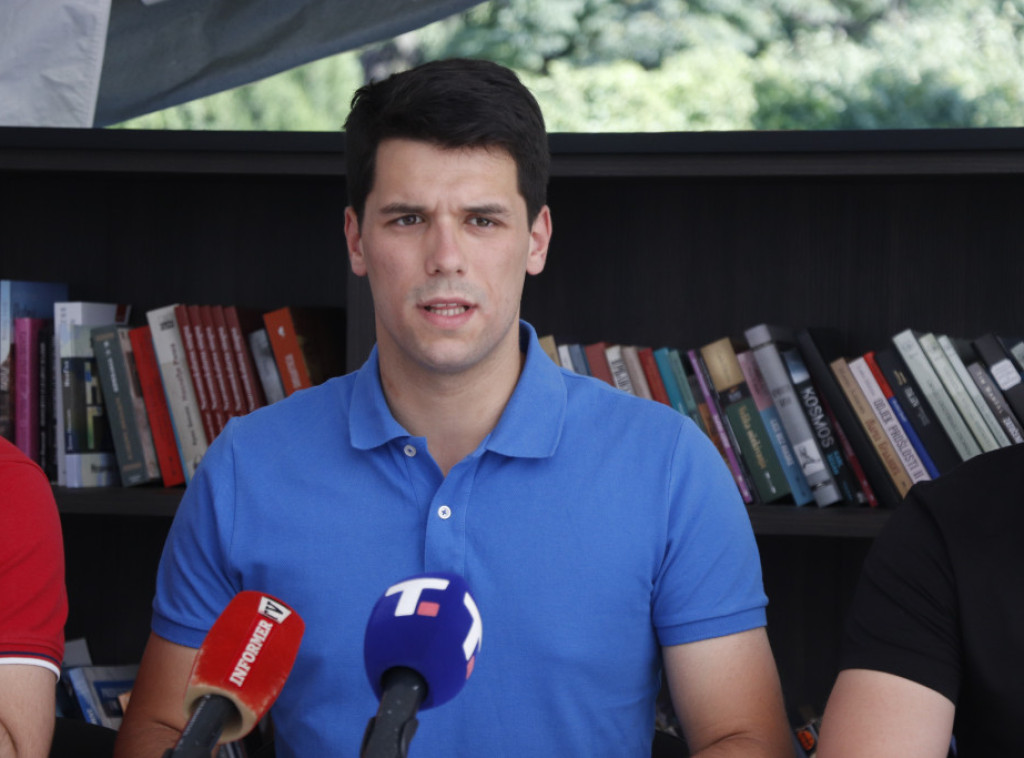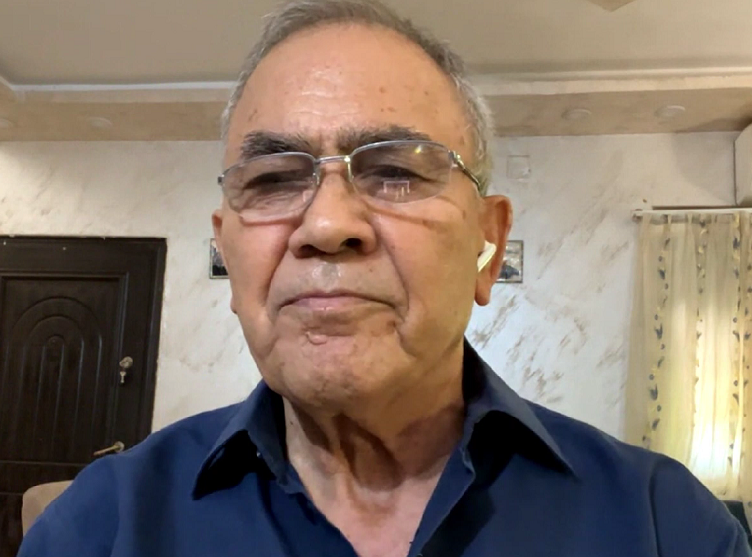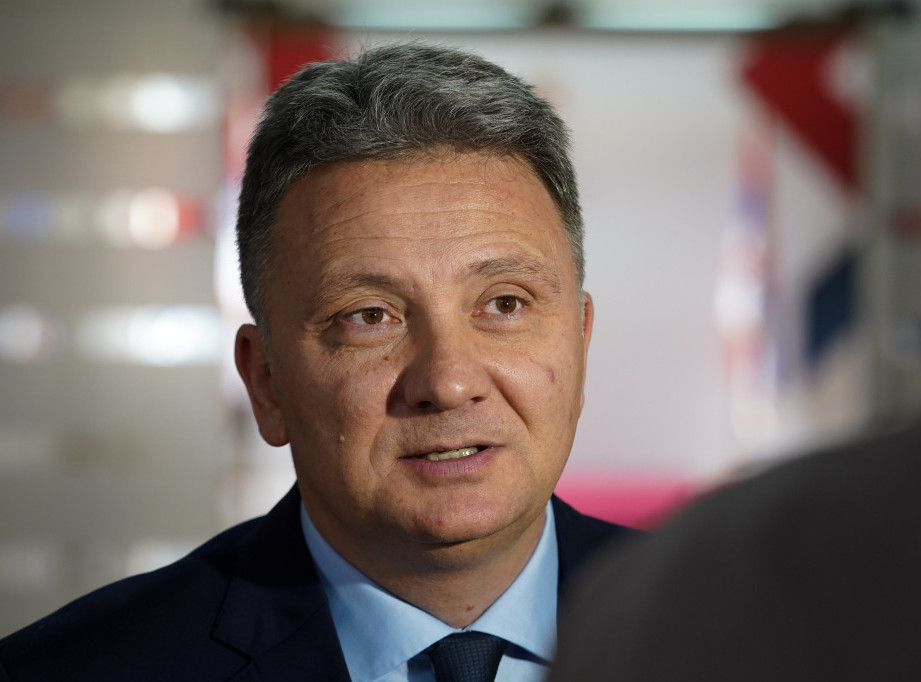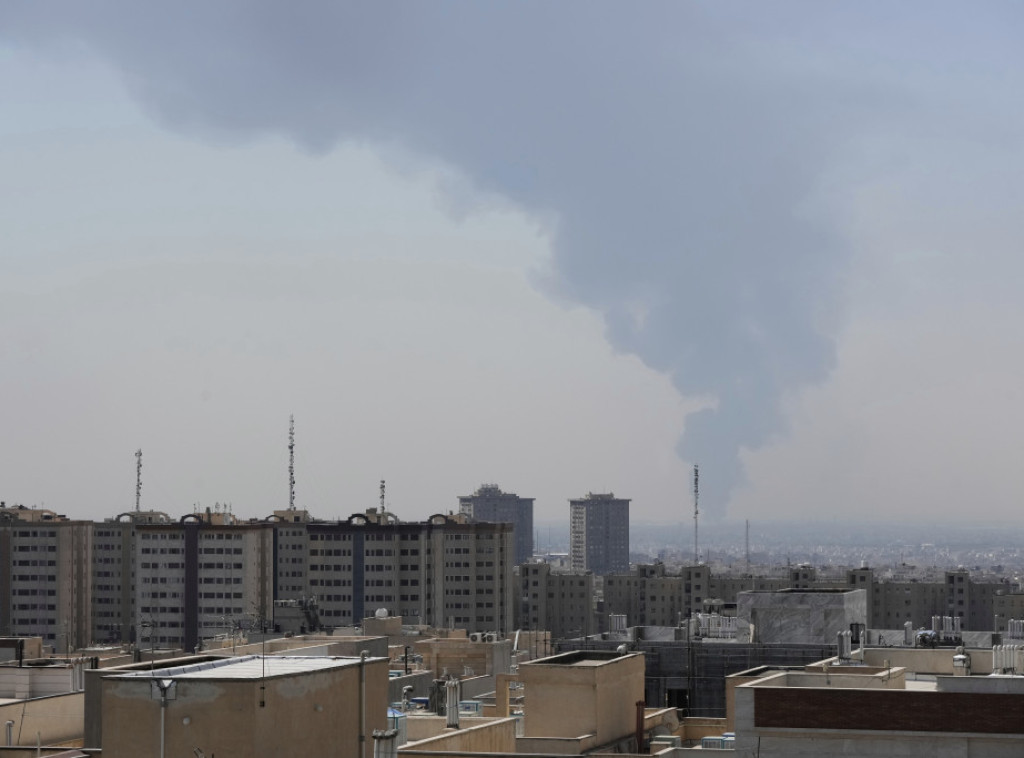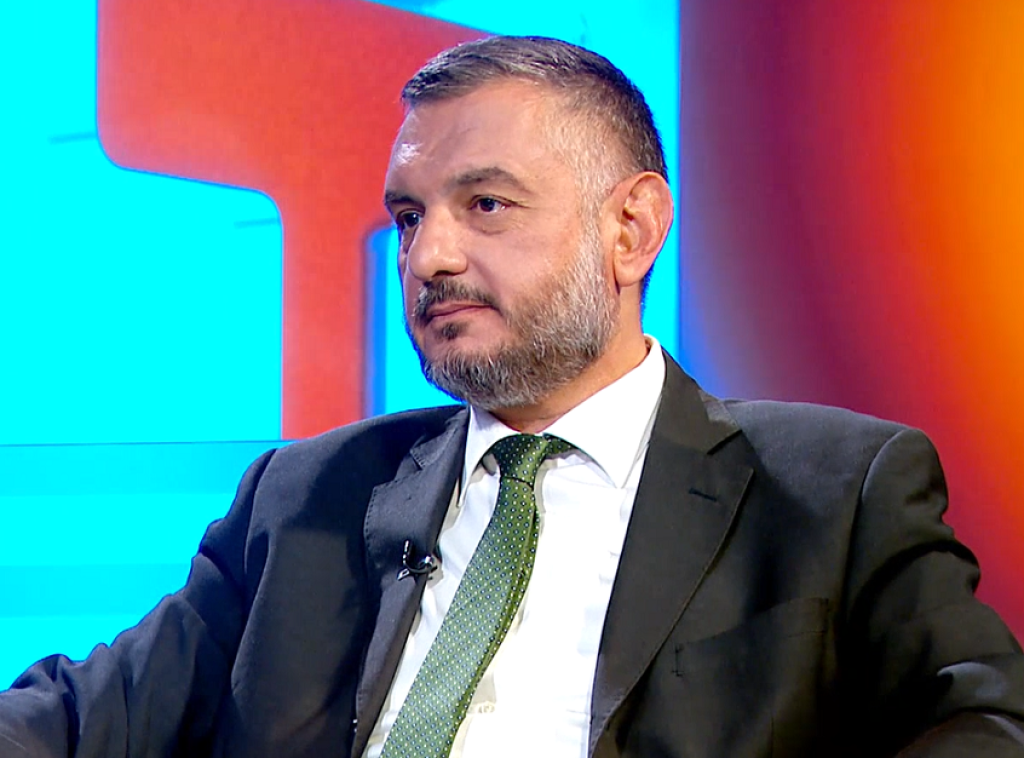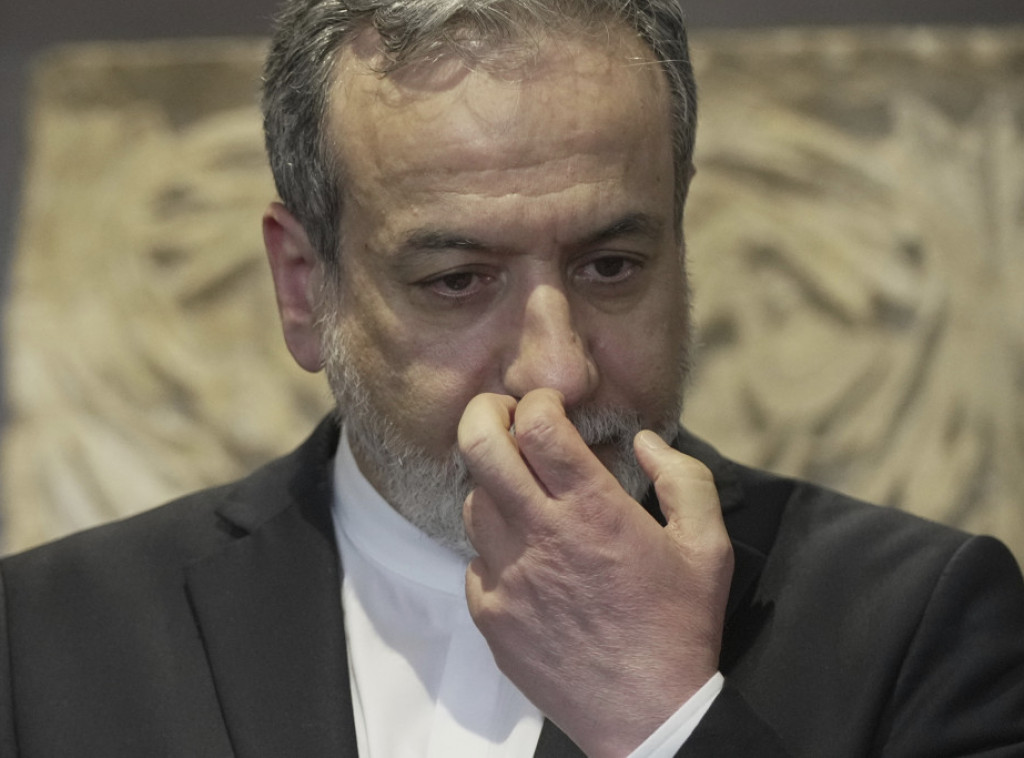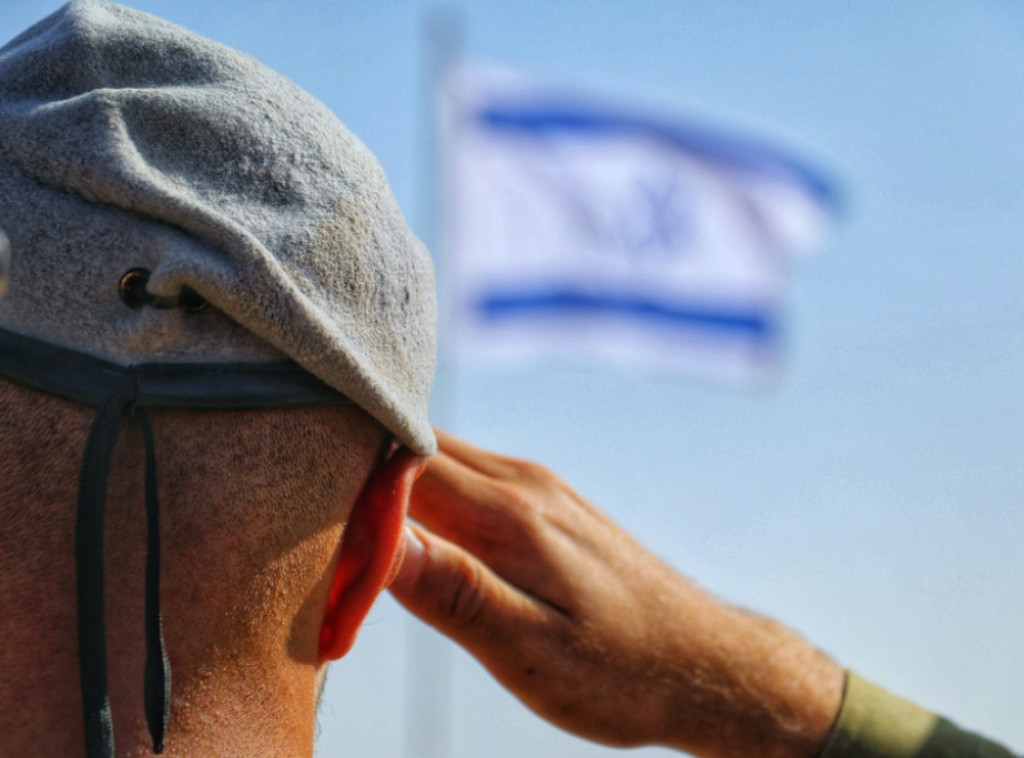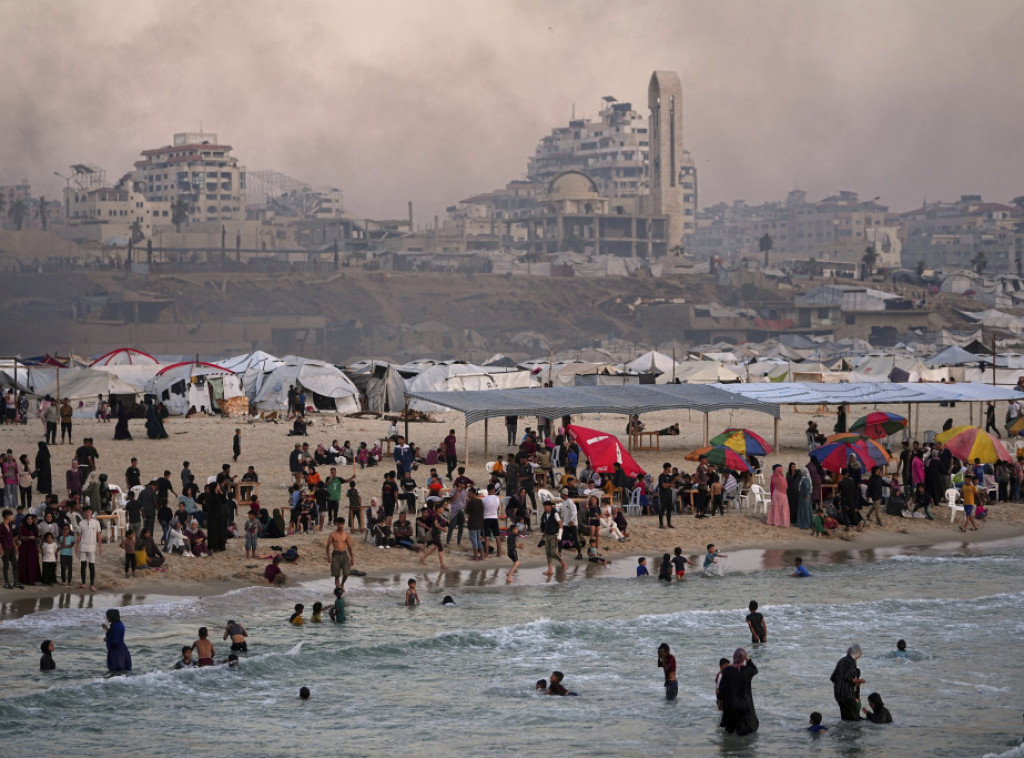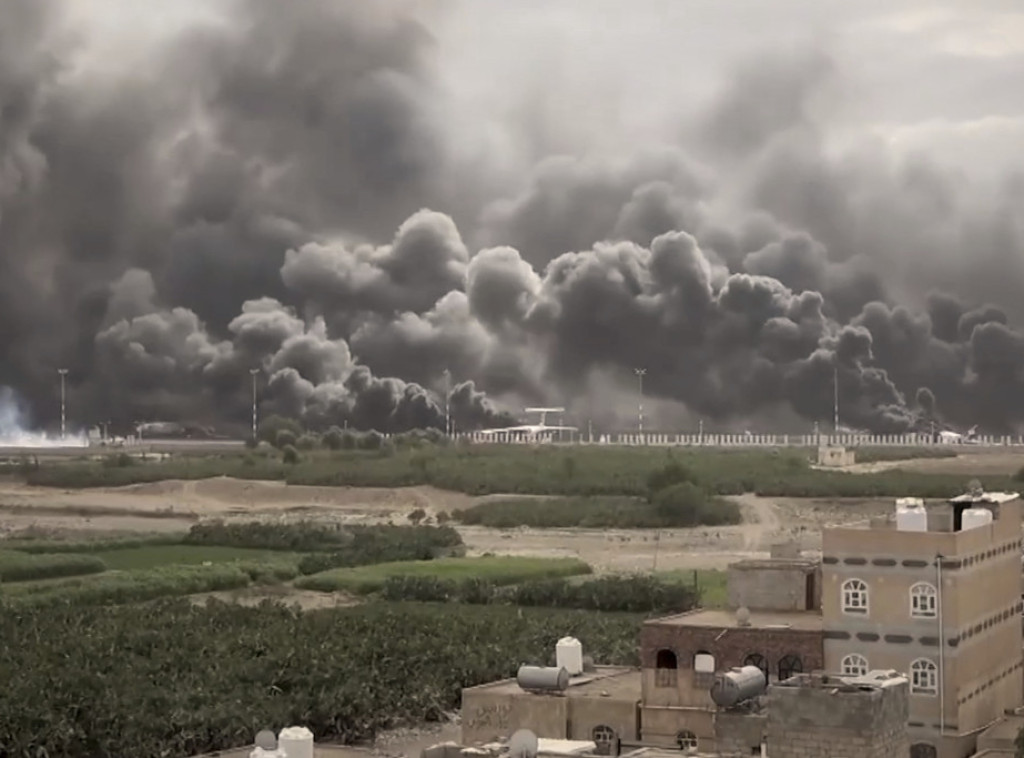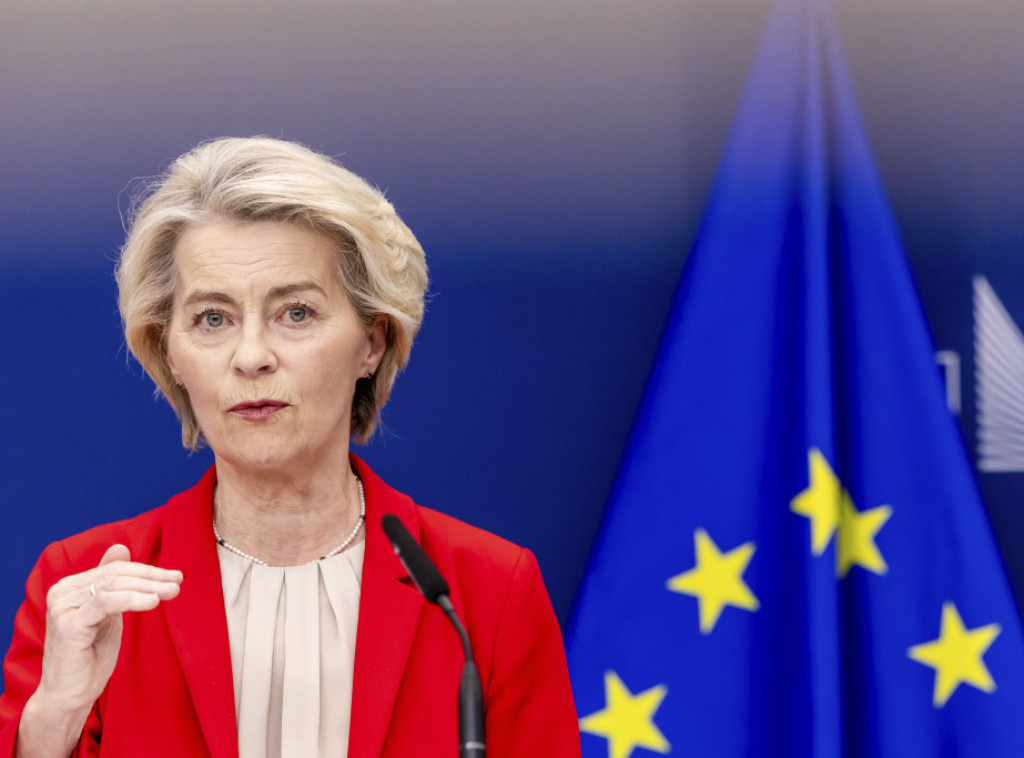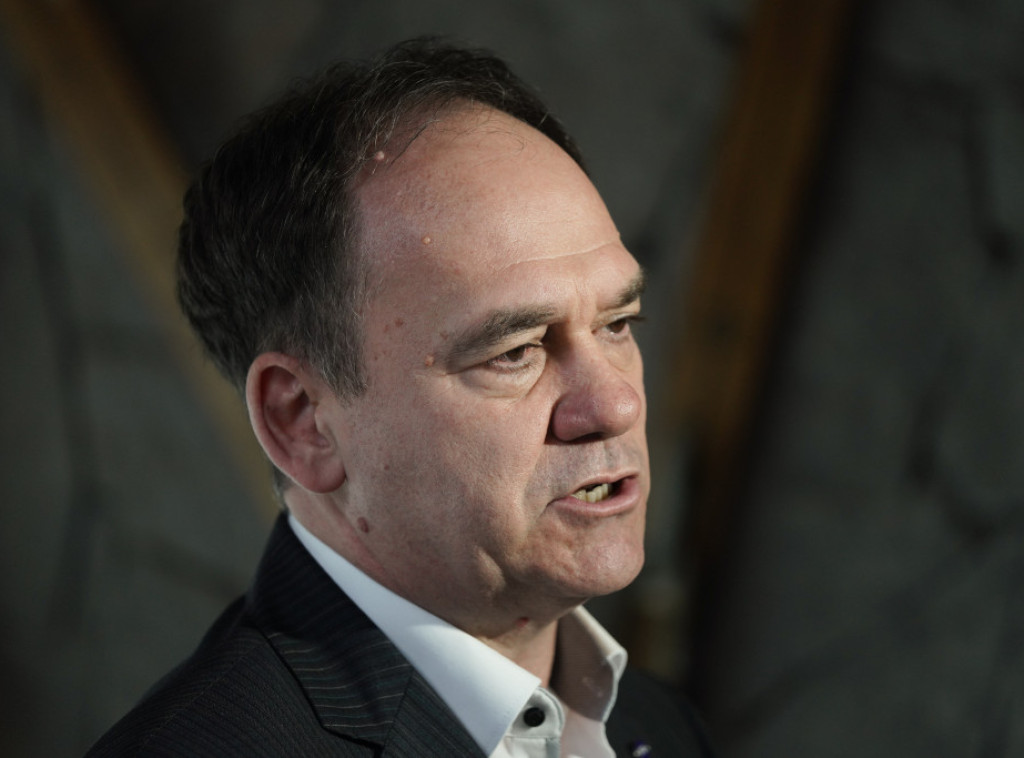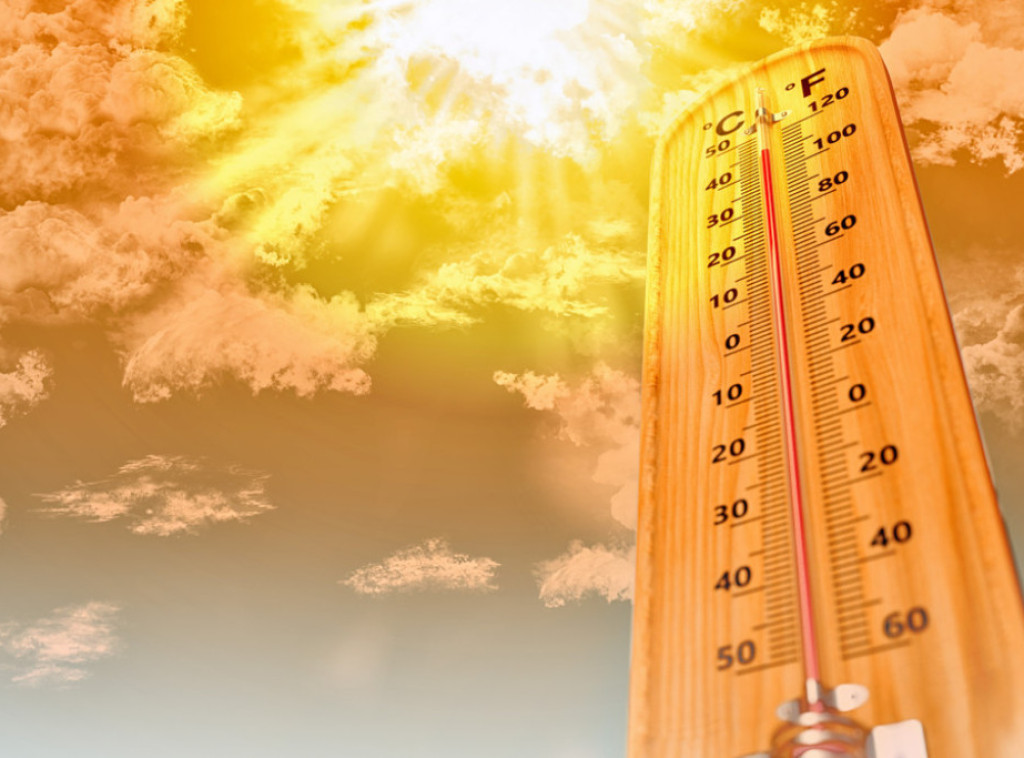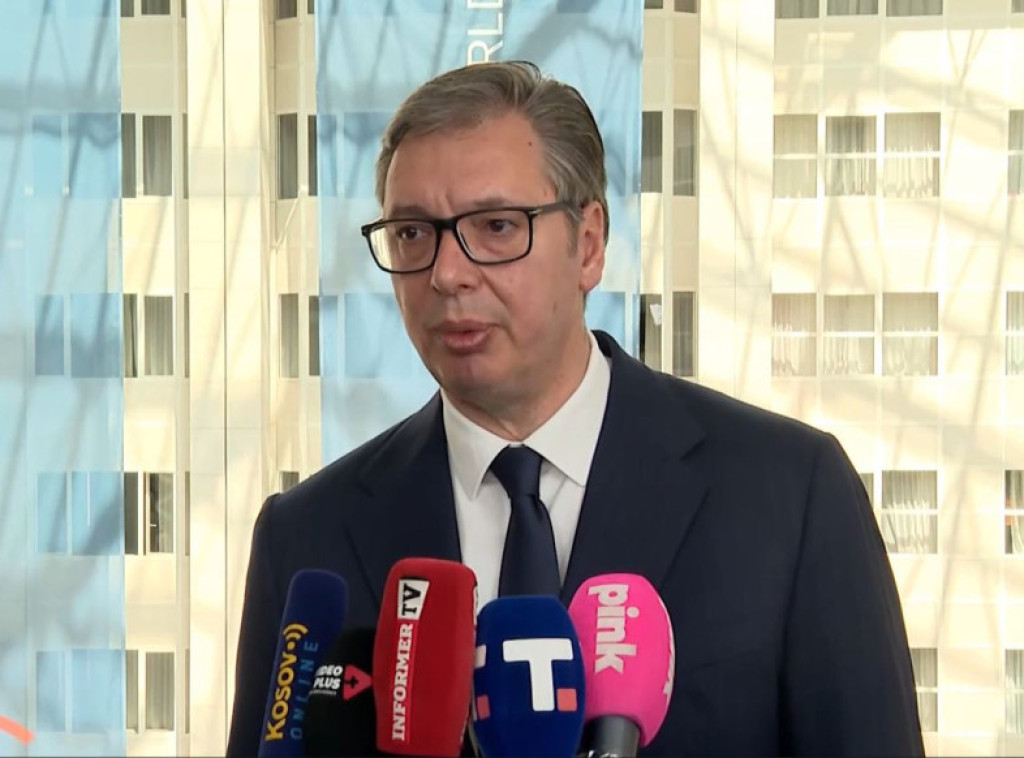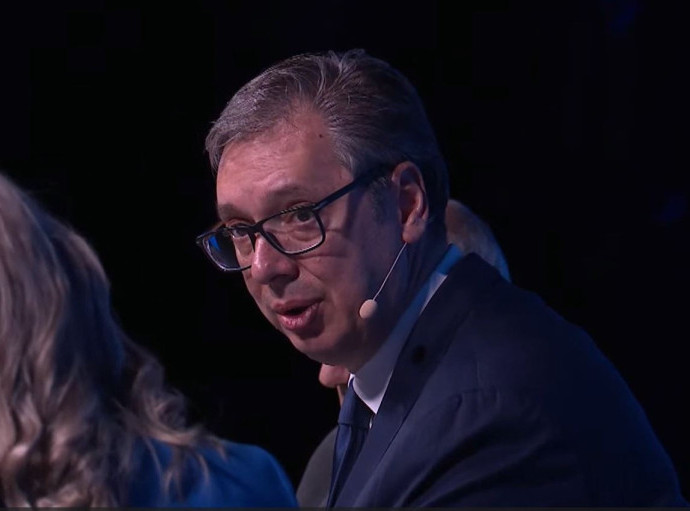The Israeli military has carried out a series of airstrikes on targets in Iran, including facilities linked to Iran’s nuclear program, causing strong explosions and activation of Iranian air defenses. Iran retaliated with ballistic missile attacks on Israeli cities including Tel Aviv and Haifa, resulting in casualties and injuries. The conflict has raised concerns about a possible wider regional war. The Israeli Prime Minister and Iranian officials have exchanged sharp statements while the international community monitors the situation. The US has expressed support for Israel but currently does not plan direct involvement in the conflict. This conflict is part of a long-standing hostility between the two countries, focusing on Iran’s nuclear program and security threats in the region.
Political Perspectives:
Left: Left-leaning outlets emphasize the human cost of the conflict, highlighting civilian casualties and the risk of escalation into a broader regional war. They often call for diplomatic solutions and criticize military actions from both sides, stressing the need for peaceful negotiations and the dangers of militarization.
Center: Center-leaning sources report the facts of the conflict with a focus on the sequence of events, the military capabilities involved, and official statements from both Israel and Iran. They provide balanced coverage, noting the strategic implications and the international response, including the US position.
Right: Right-leaning media tend to emphasize Israel’s right to self-defense against Iranian aggression and the threat posed by Iran’s nuclear program. They highlight the military successes of Israel and often frame Iran as the aggressor destabilizing the region. Support for strong military action and US backing of Israel is commonly stressed.
